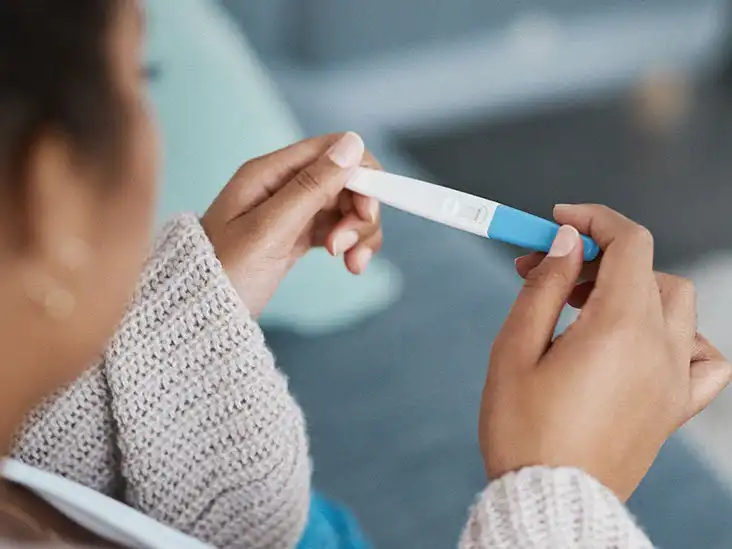Getting pregnant is a dream for many women, however, the path to conception can be filled with obstacles. While getting pregnant is a natural process, there are several factors that can hinder a woman’s ability to conceive.
In this blog post, we’ll look at eight common factors that can affect a woman’s chances of getting pregnant.
1. Age
One of the most significant factors that can hinder a woman’s ability to get pregnant is her age. Fertility declines as a woman gets older, with a sharp decline typically occurring after the age of 35. This is because the number and quality of eggs decrease over time, making it harder to conceive.
2. Irregular Menstrual Cycles
Regular menstrual cycles are an essential part of a woman’s reproductive health. Irregular cycles can make it challenging to predict ovulation, which is crucial for conception. Conditions like polycystic ovary syndrome (PCOS) and other hormonal imbalances can lead to irregular periods.
3. Stress
High levels of stress can negatively impact a woman’s fertility. Chronic stress can disrupt the hormonal balance, potentially affecting ovulation and menstrual cycles. Finding ways to manage stress through relaxation techniques or counseling can help improve fertility.
4. Unhealthy Lifestyle Choices
Smoking, excessive alcohol consumption, and drug use can significantly reduce a woman’s fertility. A healthy lifestyle, including a balanced diet and regular exercise, can have a positive impact on fertility.
Read Also: 8 Things That Can Cause Miscarriage During Pregnancy
5. Weight Issues
Both being underweight and overweight can affect fertility. Women with a low body mass index (BMI) may experience irregular or absent periods, while obesity can lead to hormonal imbalances. Achieving a healthy weight through diet and exercise can improve fertility.
6. Sexually Transmitted Infections (STIs)
Undiagnosed or untreated STIs can lead to pelvic inflammatory disease, which can damage the fallopian tubes and the uterus. This damage can hinder the fertilization process and increase the risk of ectopic pregnancies.
7. Medical Conditions
Certain medical conditions can affect a woman’s ability to conceive. Conditions like endometriosis, fibroids, and thyroid disorders can interfere with the reproductive system. Seeking treatment for these conditions may be necessary to improve fertility.
8. Environmental Factors
Exposure to environmental toxins and pollutants can also play a role in fertility issues. Pesticides, chemicals, and even exposure to radiation can impact reproductive health. Reducing exposure to these harmful elements can help enhance fertility.
Many factors can hinder a woman’s ability to get pregnant, and it’s essential to be aware of these potential obstacles. If you’re struggling to conceive, it’s crucial to consult with a healthcare professional or fertility specialist. They can help identify the specific factors affecting your fertility and recommend appropriate treatments or lifestyle changes.










